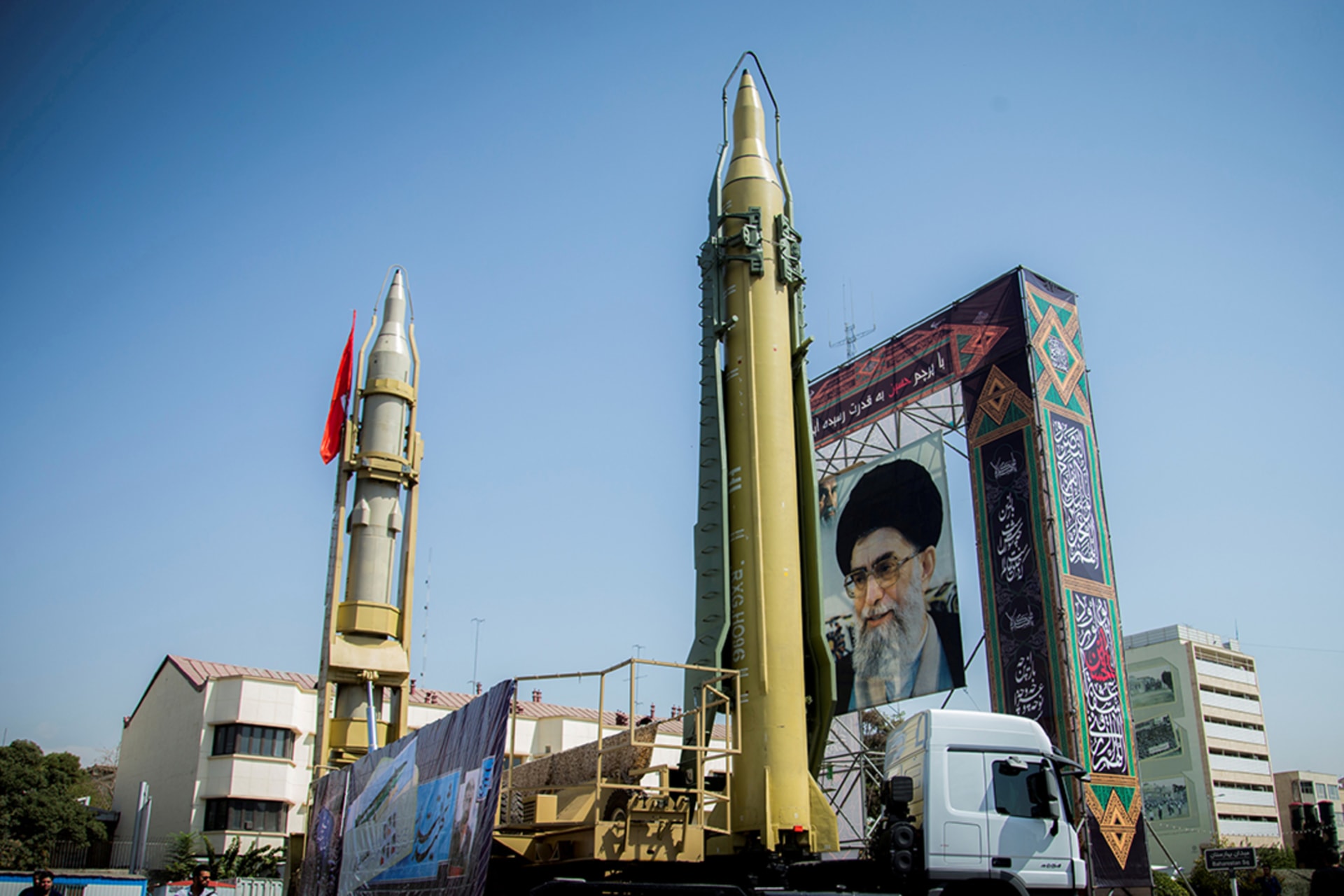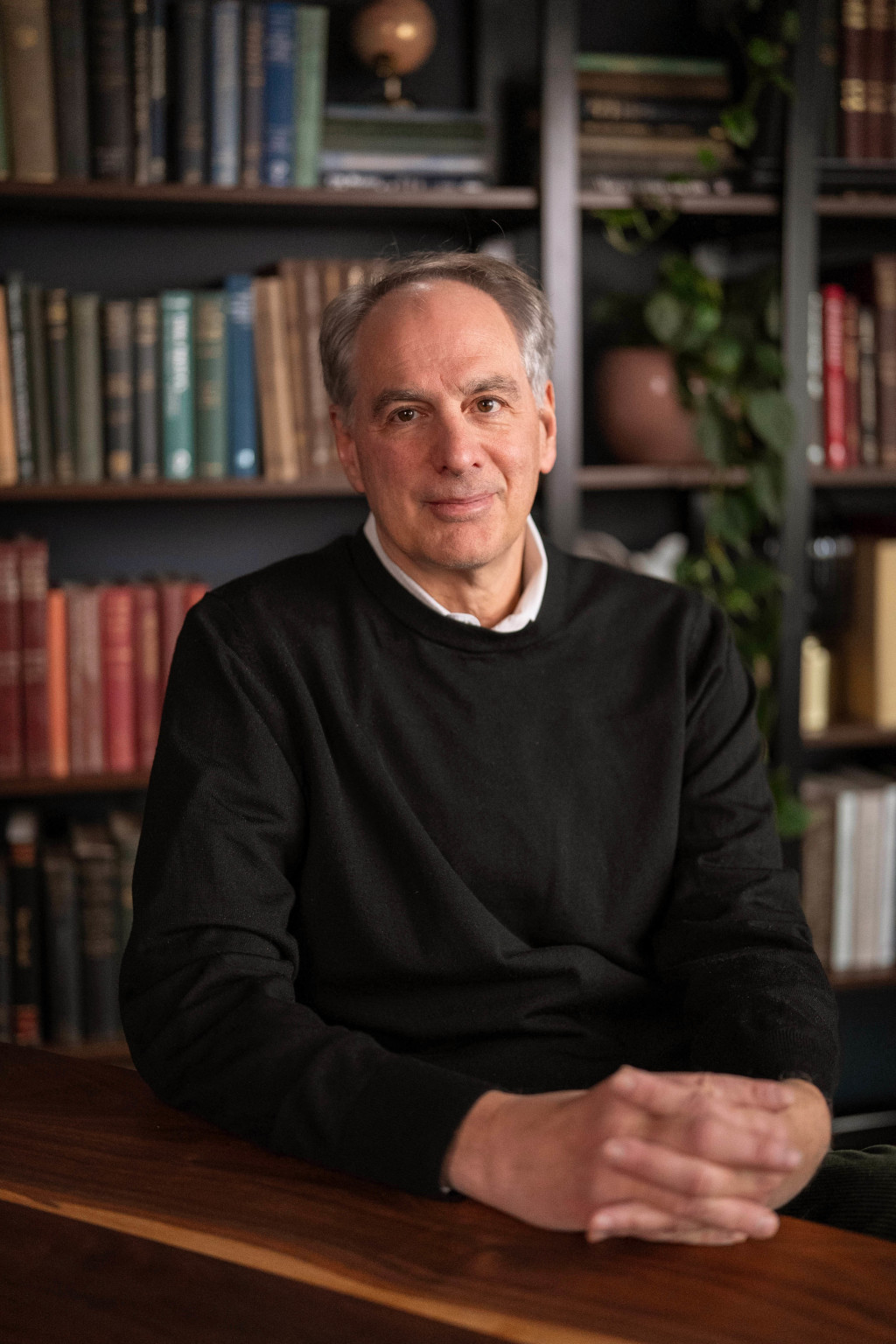Why Iran Won’t Rush to a Bomb if Trump Pulls Out of the Nuclear Deal
Originally published at Washington Post

By experts and staff
- Published
Experts
![]() By Ray TakeyhHasib J. Sabbagh Senior Fellow for Middle East Studies
By Ray TakeyhHasib J. Sabbagh Senior Fellow for Middle East Studies
By
- Reuel Marc Gerecht
With John Bolton’s appointment as national security adviser, the odds have significantly risen that President Trump will abandon his predecessor’s nuclear deal with Iran. But there’s no need for hysteria. If Trump abandons the deal, the Islamic Republic still isn’t likely to run amok, ramping up its nuclear program and killing American soldiers in the Middle East. The calculated caution of Ali Akbar Salehi, the head of Iran’s Atomic Energy Organization, will probably win out. His tortoise-beats-the-hare approach to his country’s nuclear quest will be reinforced by the wild card that surely scares the mullahs the most: Trump.
A bit of history. Salehi, an MIT-trained nuclear physicist and the likely architect behind the Islamic Republic’s massive illicit dual-use import network, is close to Supreme Leader Ali Khamenei. Salehi was dismayed by former President Mahmoud Ahmadinejad’s rapid accumulation of primitive IR-1 centrifuges, which offered Tehran neither an efficient path to nuclear energy nor an intelligent route to atomic weaponry. These clunky machines are prone to breakdown, and many thousands were required to produce enriched uranium, making their cascades impossible to hide. Salehi wanted to leapfrog to more advanced, high-velocity IR-6 and IR-8 centrifuges.
With Hassan Rouhani’s presidential election in 2013, Salehi moved ahead with his ambitious plan to modernize atomic infrastructure. His principal problem: it would take Tehran at least eight years to fully develop a new generation of centrifuges. The clerical regime needed an arms-control agreement that would not just lift sanctions but also be permissive enough to allow the development of these machines. As Salehi has explained: “We do not take that [the Iran deal’s restrictions on centrifuges] as a constraint. So I would say on R&D, the apparent limitations that we have accepted, that we have agreed to, it’s not really a limitation.”
Contrary to the nightmare scenarios of former secretary of state John Kerry, Iran is unlikely to rush to a bomb using one of its monitored facilities and the thousands of IR-1s that such a task would demand. It would take time to reinstall the higher-yield 1,000 IR-2ms currently under the surveillance of the International Atomic Energy Agency. Such stark actions would be detected, likely bringing on U.S. military strikes. The advantage of the most advanced centrifuges is that a small number can rapidly enrich uranium to weapons-grade. Their cascades can be easily concealed in a warehouse, making them extremely difficult to detect. They are key to a nuclear fait accompli.
And technical problems are compounded by politics: President Trump obviously unsettles Tehran’s oligarchs. The regime follows Western media. The Europeans, much of the U.S. press, and especially former Obama officials are palpably scared of the president’s perceived bellicosity. Bolton’s appointment has amplified that fear. A headline in a Revolutionary Guard publication sums it up: “Trump’s Raging Bull Has Arrived.”
So it’s reasonable to assume that Tehran will not want to challenge Trump and his new team, at least until the Iranians have had a chance to take their measure. It is worth recalling that the Iranian hostage crisis came to an end when Ronald Reagan, the “reckless cowboy,” replaced the hapless Jimmy Carter. Tehran temporarily froze its atomic program when George W. Bush geared up to invade Iraq. What Rouhani once explained about that decision is as applicable today to Iran’s actions if Trump abandons the nuclear accord:
“Back then [the United States] was drunk with pride and victory. Had we shown passivity or radicalism, we would have given the knife into the hands of a drunk Abyssinian [George W. Bush]. We managed to put that phase behind us by prudence. . . . We managed to pass through that perilous curve. . . .
Salehi cannot do much to speed up the development of advanced centrifuges. It routinely takes a country at least a decade to design and construct a new generation. Which is why Salehi, Khamenei, and Rouhani and their nuclear scientists want to preserve the agreement and thus their ingenious accomplishment.
The clerical regime may still embark on some nuclear activities as a gesture of defiance to Trump. It may reinstall some of its mothballed centrifuges and continue to perfect the IR2ms. It may stockpile uranium currently committed to shipping abroad. It may even enrich uranium to 20 percent.
All these moves are troublesome and will provoke hyperventilating headlines, but they hardly constitute a mad rush to the bomb. Tehran cannot have a realistic weapons option until Salehi finishes work on the advanced centrifuges. As the French tried to argue before the nuclear agreement was concluded, the West actually had more than one option to slow down, possibly halt, Iran’s atomic ambitions. It wasn’t, as President Barack Obama argued, his way or war. Paris was willing to take a slower approach, make fewer concessions, and let sanctions bite more deeply.
Alone now, Washington has to be willing to play hardball with Tehran by insisting that it does have military options. But our primary task ought to be to squeeze the theocracy relentlessly. Enormous economic pressure can still be brought to bear on Tehran. As the recent nationwide anti-regime demonstrations in Iran revealed, economic frustration and political disgust are widespread in areas the mullahs had assumed were still faithful to theocracy.
We should always want a different regime. The Islamic Republic is a discredited relic of the twentieth century, and the sooner we can expedite its demise, the safer the Middle East will be.
